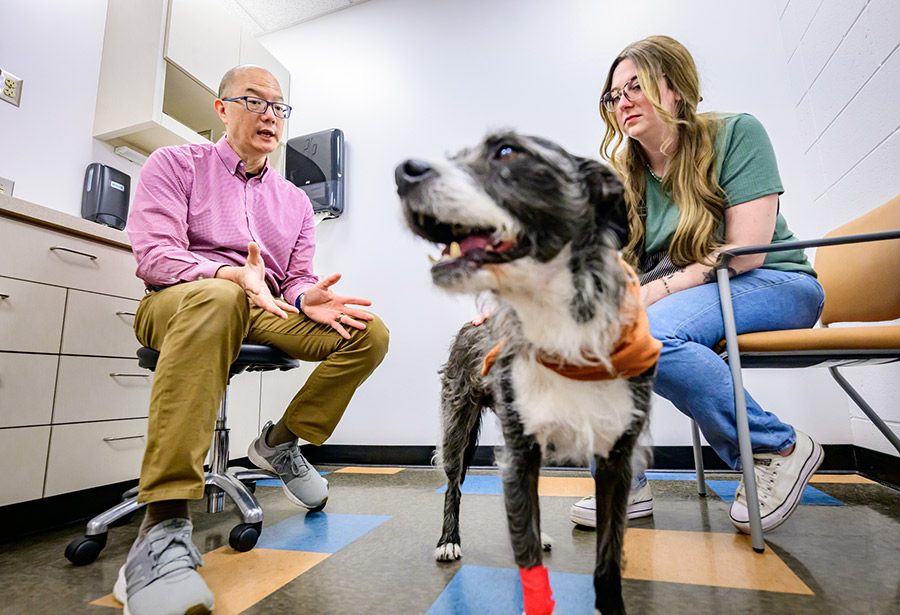In January 2017, the Food and Drug Administration’s (FDA’s) Center for Veterinary Medicine began implementing policies to transition medically important antimicrobials that are administered in feed or drinking water for food-producing animals from over-the-counter (OTC) status to only being available through a licensed veterinarian as a prescription product. These changes were established by Guidance for Industry (GFI) #213. There are, however, other dosage forms of medically important antimicrobials that are available OTC, such as injectables.
Following GFI #213, another guidance was unveiled by the FDA on September 14, 2018. GFI #263 is a 5-year action place that supports antimicrobial stewardship in the veterinary setting. A key component of this guidance is that any new animal drugs that are medically important antimicrobials will be brought under the oversight of a licensed veterinarian. The two-year implementation plan for GFI #263 began on June 11, 2021, meaning the target date for the introduction of prescription (Rx) labeled products is June 11, 2023.
Why Is This Important?
After June 11, 2023, any medically important antimicrobials that are added to feed or drinking water for food-producing animals will enter distribution channels as prescription products. This requires sponsors of new animal drugs to facilitate voluntary changes to the approved conditions of use of these drugs to prescription marketing status. Some OTC products will no longer be available if their manufacturer opted to voluntarily withdraw their drug application.
What Does This Mean for Producers?
The FDA intends to allow existing inventory of OTC-labeled products that are already in distribution channels to deplete, so farmers may still have minimal access to some of the products. This gives them time to get established a valid veterinary-client-patient relationship (VCPR) with a licensed veterinarian for future medication needs. A VCPR is established and maintained when an animal is examined by a veterinarian regularly.
What Medications Are Affected?
Antibiotics including, but not limited to:
Cephapirin
Chlortetracycline
Dihydrostreptomycin
Erythromycin
Gentamicin
Lincomycin
Novobiocin
Oxytetracycline
Penicillin G Benzathine
Penicillin G Procaine
Polymyxin B
Spectinamycin
Sulfabromomethazine
Sulfachlorpyridazine
Sulfadimethoxine
Sulfamethazine
Sulfisoxazole
Sulfomyxin
Tylosin
By Alex Gochenauer, PharmD, DICVP, FSVHP
Featured image by Bannon Morrissy on Unsplash




